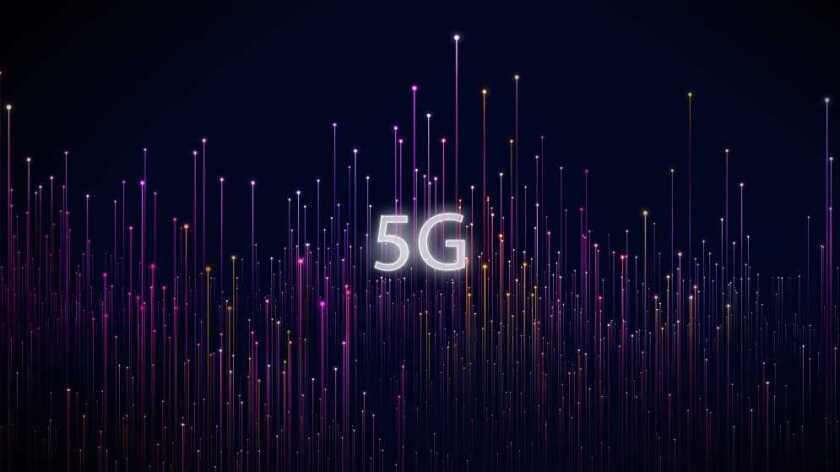Madrid, Barcelona, Valencia and Seville will be the first cities to receive 5G+. These cities will experience 90% coverage of the new service with other cities to be added over the course of the year.
With the deployment of its 5G+ network, Orange enables, improved indoor 5G coverage, leveraging native 5G bands; low latency, a requirement for services such as online gaming, live video streaming etc.; longer battery life of handsets, due to less signalling and energy efficient network functions; and an increased number of connected devices allowing up to 1 million connections per km2 as well as increased security through advanced security mechanisms, such as IMSI encryption.
In addition, 5G+ meets enterprises' needs for flexible, scalable, reliable and secure connectivity for real-time applications. Using network slicing, Orange's will be able to offer virtual networks the guaranteed provision of critical services or meet specific customer needs, delivering different levels of quality, availability, privacy and security.
Powered by Ericsson, Nokia and Oracle Communications as its core network providers in 5G SA, the 5G+ network contributes to Orange's sustainability objectives, as it is estimated that by 2030, 5G technology will reduce by up to 20 times the energy required to transmit 1Gb of information.
In related news, last month Orange confirmed that Jean-François Fallacher is moving from running its operation in Spain to become CEO of Orange France from 3 April.
He replaces Fabienne Dulac, who after eight years heading Orange France, will take on unspecified “new challenges within the group”.
The same month, Orange Belgium and Belgian cable operator Telenet signed two commercial wholesale agreements providing access to each other’s broadband networks.






